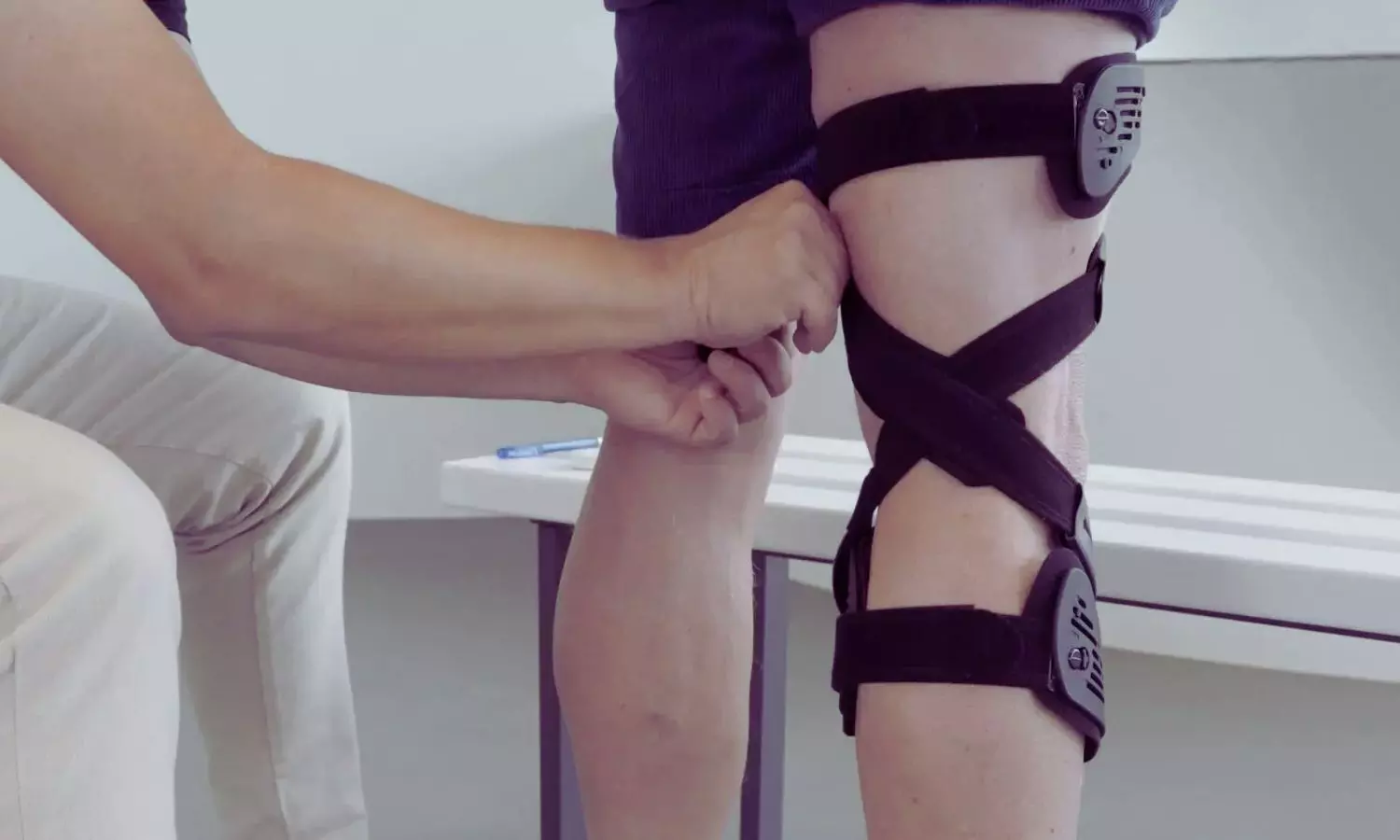By Stephen McMullin
Copyright irishmirror

The past few years have seen a lot of uncertainty, with increased living costs and higher interest rates putting pressure on many households and individuals, including those on pensions. All of this adds up to making it more difficult for people to meet their mortgage payments or rental and utility bills.
This can be overwhelming and financially unsettling and can have a significant impact on both mental and physical health.
At times like this, many of us turn to borrowing – from banks or credit unions, or via credit cards or finance plans – to help make ends meet in the short term. While a certain amount of debt is perfectly reasonable, once it becomes a serious burden it could be time to find help.
Earlier this year, we teamed up with the Insolvency Service of Ireland (ISI) to find out how Irish Mirror readers are faring during these challenging times.
Compared to last year
When comparing their finances to the previous 12 months, 59% of respondents said they felt worse off this year. While this is a significant number, it’s actually an improvement on last year, when 68% felt worse off. In contrast, 12% said they felt better off, while 29% hadn’t noticed any change.
Making ends meet
Feeling financial pressure month-to-month and week-to-week is incredibly stressful and can make things feel hopeless. We found that 75% of respondents reported that they were unhappy with their financial situation in some way. Again, this is a slight improvement on last year, when 86% felt this way.
Even with this slight improvement, a concerning 14% said they found it impossible to make ends meet, 16% said they could see no way to improve things and 26% said they regularly had to dip into savings to cover everyday bills.
Missing bills and falling behind on payments
While 45% of respondents said they had never missed a bill or loan repayment in their lives, 27% said they had done so within just the past three months.
Falling behind on bills can make it feel like you’re always trying to catch-up and never making any progress and can be an indication of problem debt.
According to our survey, 39% of people have missed at least one payment in the past 12 months, with 17% admitting to missing payments for multiple services.
Among the survey respondents, 40% said they had missed a repayment for some form of debt, whether it was a credit union loan, a credit card, or even their mortgage.
If you feel like you’re struggling with problem debt in this way, visit backontrack.ie for information and advice on managing debt and finding long-term solutions.
Recently, a spotlight has been placed on how the elderly and retirees on a fixed income are being affected by the rising cost of living and medical bills, and it’s clear from our survey results that this is a very real issue.
Only 8% of respondents identifying as retired said they were better off than last year, while 55% said they were worse off than in 2024.
In the same group, 23% said they’ve missed a payment in the last 12 months, with over half of those including utilty bills. Of those who missed a payment, 17% said it was on their mortgage and an alarming 52% said they had defaulted on some form of loan or credit card.
When it came to the cost of living, 91% of the retirees responding to our survey said the current crisis had affected them either a little or a lot.
Getting help
The ISI is here to help people tackle their debt problems, and their message to people in debt is to take control of your situation – there is help out there.
To find out what your options are, meet with a PIP (Personal Insolvency Practitioner). PIPs are qualified professionals, regulated by the ISI, with the relevant expertise to help you reach a permanent solution to your debt problems
With the ISI’s solutions, people are entitled to a minimum standard of living while addressing debt problems. This allows for expenses such as food, clothing, education, savings, etc. and is often more than people in debt are living on before seeking an insolvency solution.
If you are in arrears on your home mortgage, you could also be eligible for a free consultation with a PIP under the state-funded Abhaile service.
To find a PIP in your area and get more information on the ISI and the services they provide, visit www.backontrack.ie.



